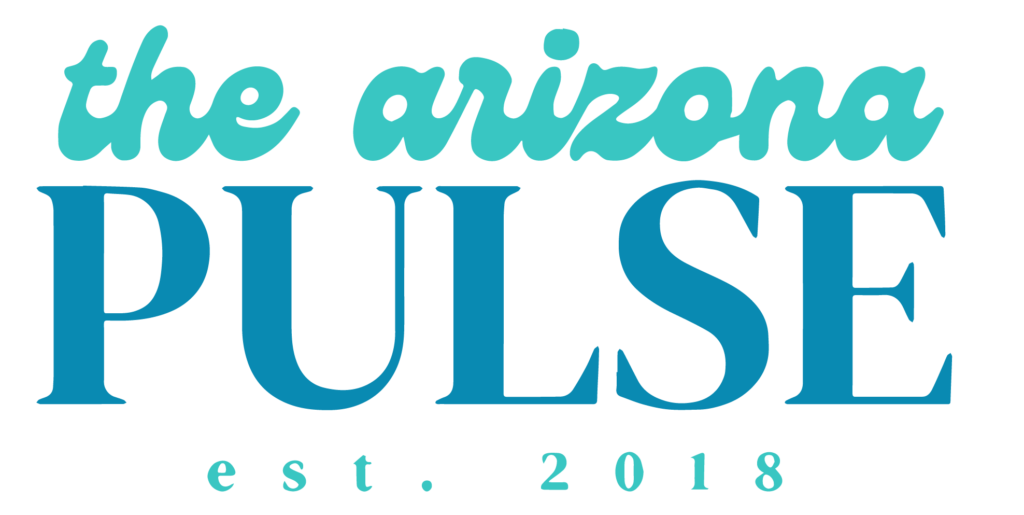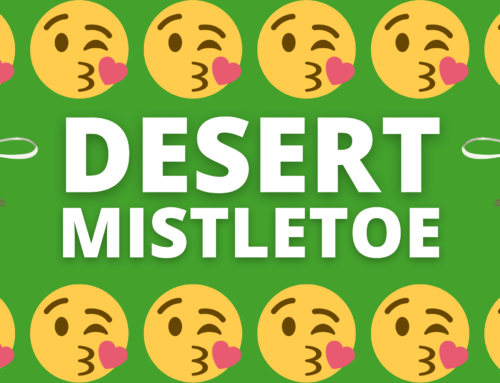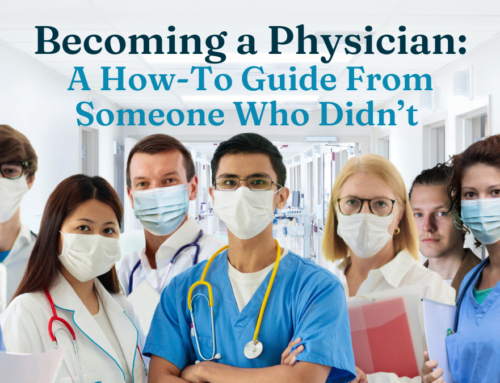Written by: Armando Peelman, Mercy Care General Mental Health Substance Use (GMSHU) Administrator
Who’s MAT? MAT is a medication-assisted treatment, which is used to treat opioid use disorder. Most importantly, it works.
Opioid-related deaths and overdoses have taken a devasting toll on Arizona communities. Since June 2017, there have been nearly 4,000 suspected opioid deaths. And, nearly 30,000 opioid overdoses.
Medication-assisted treatment is the “most effective intervention to treat opioid use disorder (OUD) and is more effective than either behavioral interventions or medication alone,” a study from the PEW Charitable Trust reported.
That’s why Mercy Care is launching a campaign to let people know that medication-assisted treatment (MAT) works. And, that treatment is available – even for people who are uninsured or underinsured.
We’re calling the campaign, “Do You Know MAT?” You’ll probably start seeing messages pop up on the digital screens at Circle K stores, on billboards, in print publications, and on our social media sites, including Facebook, Twitter, and Instagram. We want people to understand what MAT is and why MAT works.
Get to know MAT
MAT involves using approved medicines and behavioral therapies, like counseling, to treat opioid use disorder. Those medications are methadone, buprenorphine, and naltrexone.
When people abuse opioids, their bodies can become addicted or dependent on them. If they don’t have opioids in their system, they can feel opioid withdrawal. The symptoms of opioid withdrawal can include diarrhea, abdominal cramping, nausea, vomiting, rapid heartbeat and intense cravings.
When someone ready to get connected to MAT, these medications can help them in their recovery from opioid dependence.
Methadone comes in a daily liquid dose. The person doesn’t get a high from this medication and they don’t experience symptoms of withdrawal.
Buprenorphine reduces cravings from opioids. It can come in a pill form, cheek film or 6-month implant under the skin.
Naltrexone, which can be taken as a daily pill or monthly injection, works a little differently. If a person on naltrexone starts abusing opioids again, the naltrexone blocks the “high” and sedative effects.
Why is MAT important?
Armando Peelman, Mercy Care General Mental Health Substance Use (GMHSU) Administrator, says that “MAT services give us a way to fight the disease and not just fear it.”
He added, “The research shows us that MAT services decrease the use of illegal drugs, criminal behavior, and the spread of HIV and hepatitis while increasing employment, treatment retention and chances of survival.”
To truly understand the impact of MAT services, you just have to listen to the stories from any of the thousands of Mercy Care members whose lives were changed because of these supports.
“The mother who was able to graduate college, find a stable home, find employment and earned the right to have her child returned to her,” Peelman said, citing examples of member experiences. “The staff member that was homeless three years ago and is now working to conduct homeless outreach. The members that are reconnected to their family and friends. The ones that rejoin their faith community. The others that are now married and raising a family. And it goes on and on. I know MAT works because I have seen it work.”
MAT can support you
 A relationship with MAT will be about more than just meds. As part of an individual’s care, they’ll get behavioral therapy such as counseling. Other services may include job resources, peer support and a ride to and from treatment. Some of our providers have sites called 24/7 Access Points.
A relationship with MAT will be about more than just meds. As part of an individual’s care, they’ll get behavioral therapy such as counseling. Other services may include job resources, peer support and a ride to and from treatment. Some of our providers have sites called 24/7 Access Points.
If someone is ready, there are many different Opioid Treatment Programs (OTPs). They’re ready to introduce those individuals to MAT. They can show them how MAT can get them started on a path to recovery, health and wellness. At Mercy Care, we contract with more than 35 OTPs.
Visit DoYouKnowMAT.com to find a nearby location.
Do you need insurance to get involved with MAT?
Not necessarily.
If someone is on an Arizona Health Care Cost Containment System (AHCCCS), or Medicaid, health plan, like Mercy Care, they can get MAT services at no cost.
Many providers also accept private insurance.
If someone isn’t eligible for Medicaid, or if their private insurance doesn’t cover MAT services, that shouldn’t stop them from reaching out for MAT. Mercy Care receives grant funds to make sure people who are uninsured or underinsured can still get MAT treatment.
For treatment options that Mercy Care offers, call Mercy Care Member Services at 602-263-3000 or toll-free 1-800-624-3879 (TTY/TDD 711) Monday through Friday, 7 a.m. to 6 p.m. 24-hour nurse line: 602-263-3000 or 1-800-624-3879.

Until someone is ready, we want them and their families to stay safe. Some tips for them:
- Don’t share or reuse needles.
- Don’t mix drugs.
- Get medical attention if you feel unwell (physically or mentally).
- Remember these steps if someone overdoses on opioids:
- Call for help (dial 911).
- Check for signs of an opioid overdose.
- You can’t wake someone up by calling to them or rubbing their chest bone.
- They have shallow breathing, a slow heartbeat.
- Their lips or fingernails are turning blue/purple.
- They have extremely small “pinpoint” pupils.
- They’re making a choking sound (death rattle).
- Support the person’s breathing.
- If oxygen isn’t available, rescue breathing (mouth-to-mouth resuscitation) can be very effective.
- Monitor the person’s response and breathing until emergency help arrives.
- Give the person Naloxone, a drug that can reverse the effects of an overdose. You can access Naloxone in your community at Sonoran Prevention Works at no cost by calling or texting 480-442-7086. You can also stop by 340 E. Dunlap Ave., in Phoenix from 9 a.m. to 4 p.m. Monday – Friday.





